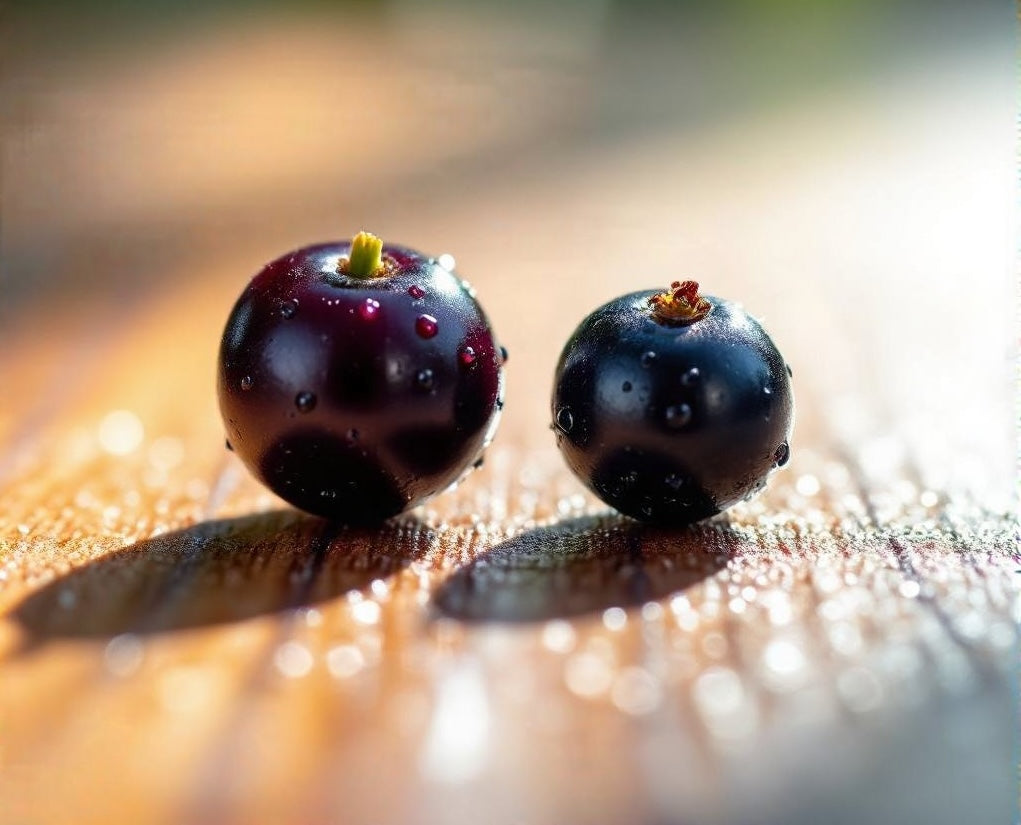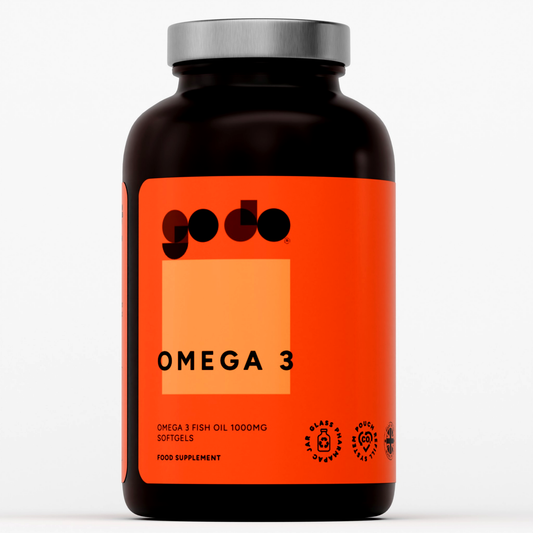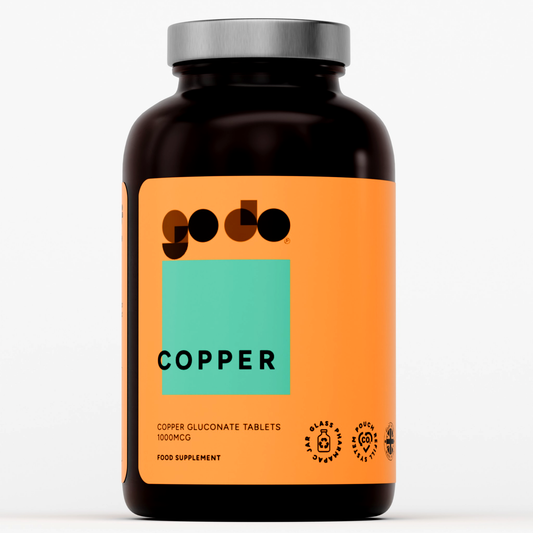We delve into the science behind Acai vs Maqui and exactly what they can offer us in our search for longer, healthier lives. Açai fruit has been in and amongst the top 10 antioxidant fruits for a long time. But is it the best antioxidant supplement?

Listen to the deep dive debate: Maqui vs Acai
TLDR: Maqui gets the clinical edge.
Maqui berry offers a superior nutritional profile compared to acai, with significantly higher anthocyanins, polyunsaturated fatty acids, iron, and potassium. Early human studies suggest cholesterol-lowering benefits, giving maqui berry a clinical edge. Consumers looking for the next powerhouse superfruit should seriously consider maqui berry.
So, What is Maqui Berry and Why Should You Care?
Maqui berry (Aristotelia chilensis) is a dark purple fruit native to Chile and Patagonia, traditionally used by indigenous populations for its health-promoting properties. Unlike trendier superfruits, maqui berry is still gaining traction globally despite its remarkably dense nutritional content. With potent antioxidants, essential fatty acids, and minerals, maqui berry is proving to be more than just a passing health fad.
Incorporating maqui berry into your diet could offer a comprehensive way to support overall health, from cardiovascular function to cellular protection. As research expands, maqui berry's unique phytochemical profile continues to reveal itself as superior in comparison to more mainstream berries like acai.
Maqui Berry's Fatty Acid Profile: The Good Fats Champion
One of the standout features of maqui berry is its rich and balanced fatty acid profile. Maqui berry contains approximately 45-46 g/100g of linoleic acid, an Omega-6 fatty acid known for its role in supporting skin health and regulating inflammation. Additionally, maqui berry delivers 33-35 g/100g of oleic acid, an Omega-9 fatty acid that contributes to heart health and cholesterol management.
Compared to acai, maqui berry boasts higher levels of polyunsaturated fatty acids (PUFAs), totaling around 47.78 g/100g. This makes maqui berry a more potent option for those seeking natural sources of healthy fats. Saturated fats are present but in lower concentrations (about 13.66 g/100g), aligning maqui berry with heart-friendly dietary recommendations.
| Fatty Acid | Maqui Berry (g/100g dried) | Acai Berry (g/100g dried) | Health Benefit |
|---|---|---|---|
| Linoleic Acid (Omega-6) | 45-46 | ~12 | Anti-inflammatory, skin health |
| Oleic Acid (Omega-9) | 33-35 | ~56 | Heart health, cholesterol support |
| Alpha-Linolenic Acid (Omega-3) | ~2 | ~1 | Brain & heart support |
| Total PUFAs | ~47.78 | ~14 | Lowers bad cholesterol |
| Total MUFAs | ~35.25 | ~60 | Supports healthy cholesterol |
| Saturated Fats | ~13.66 | ~24 | Excess linked to heart risk |
Maqui Berry's Mineral Power: Iron and Potassium Boosts
Beyond healthy fats, maqui berry is a rich source of essential minerals. With approximately 30.5 mg of iron per 100g of dried fruit, maqui berry far surpasses acai, making it a valuable addition for individuals needing to support their iron intake naturally. Iron is critical for oxygen transport in the blood and helps prevent anemia.
Maqui berry also contains 296 mg of potassium per 100g, a vital mineral for regulating blood pressure, supporting muscle function, and maintaining fluid balance. This mineral density highlights maqui berry's comprehensive nutritional superiority, providing more than just antioxidant benefits.
| Mineral | Maqui Berry (mg/100g dried) | Acai Berry (mg/100g dried) | Role in Health |
|---|---|---|---|
| Iron | 30.5 | ~4.4 | Oxygen transport, anemia prevention |
| Potassium | 296 | ~160 | Blood pressure regulation, heart health |
Maqui Berry's Antioxidant Advantage: Phenolic Compounds Explained
Maqui berry is especially renowned for its potent antioxidants, particularly its high concentration of anthocyanins. With up to 138 mg/100g fresh weight of these compounds, maqui berry offers significantly more antioxidant power than acai. The dominant anthocyanin in maqui berry, delphinidin, is known for its superior free radical scavenging capabilities, contributing to reduced oxidative stress and inflammation.
Measured through ORAC scores, maqui berry achieves approximately 19,850 µmol TE/100g, outpacing acai's already respectable score of 15,405 µmol TE/100g. This makes maqui berry a clear leader in natural antioxidant capacity, beneficial for cellular protection and healthy aging.
| Antioxidant Metric | Maqui Berry | Acai Berry |
|---|---|---|
| Total Anthocyanins | Up to 138 mg/100g | ~40-50 mg/100g |
| Dominant Anthocyanin | Delphinidin | Cyanidin |
| ORAC Score | ~19,850 µmol TE/100g | ~15,405 µmol TE/100g |
Clinical Evidence: Maqui Berry’s Role in Cholesterol Management
One of the most compelling reasons to consider maqui berry is its early clinical evidence supporting cardiovascular health. In human studies, maqui berry extract (delphinol®) demonstrated significant reductions in total cholesterol and LDL cholesterol after 90 days of supplementation. Specifically, total cholesterol decreased by 11.11 mg/dL and LDL cholesterol dropped by 13.61 mg/dL — both statistically significant outcomes.
While blood glucose improvements also showed positive trends, more research is needed to confirm these effects. Nonetheless, maqui berry stands out as a superfruit with real clinical backing, surpassing acai in evidence-based benefits for cholesterol management.
| Health Marker | Maqui Berry Extract Effect | Significance |
|---|---|---|
| Total Cholesterol | ↓ by 11.11 mg/dL | p = 0.004 |
| LDL Cholesterol | ↓ by 13.61 mg/dL | p = 0.001 |
| Blood Glucose | Positive trend | Further research needed |
Functional Food Applications: Maqui Berry’s Versatility in Products
Maqui berry's vivid color, pleasant tart flavor, and nutrient density make it an ideal ingredient for a wide range of functional food products. From cereals and bakery items to beverages, dairy products, and confectionery, maqui berry enhances both the nutritional and sensory qualities of food. Suggested incorporation rates vary, typically ranging from 2g to 30g per 100g of product, depending on the application.
Unlike acai, maqui berry offers a more comprehensive nutrient boost, providing not just antioxidants but also valuable fats and minerals, making it a premium choice for health-focused formulations in the food industry.
| Product Category | Suggested Maqui Berry Inclusion |
|---|---|
| Bakery Products | 15-30 g/100g |
| Beverages | 2-5 g/100g |
| Dairy Products | 5-10 g/100g |
| Confectionery | 2-5 g/100g |
| Jams & Spreads | 30 g/100g |
| Snacks & Ice Cream | 5-15 g/100g |











